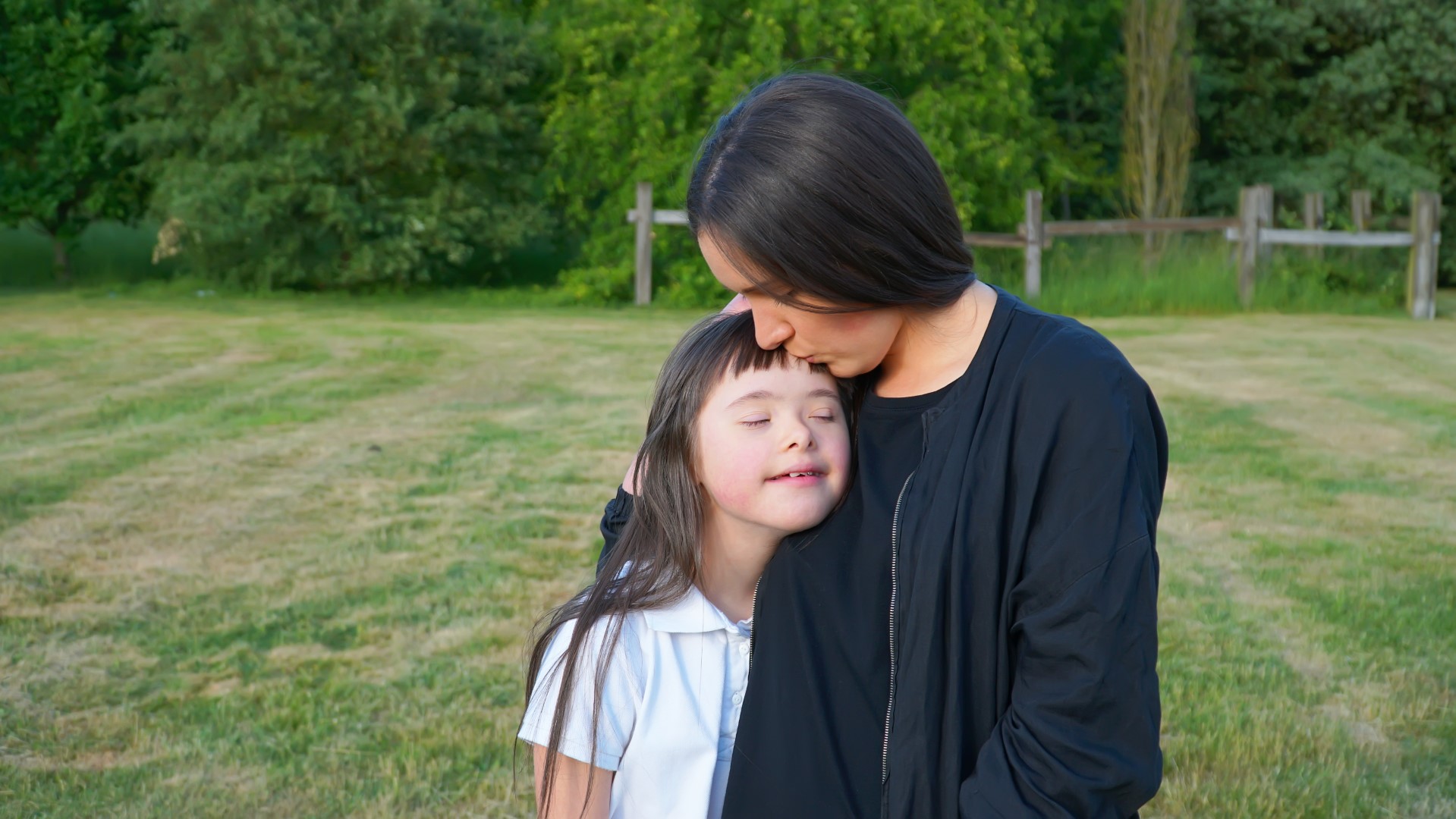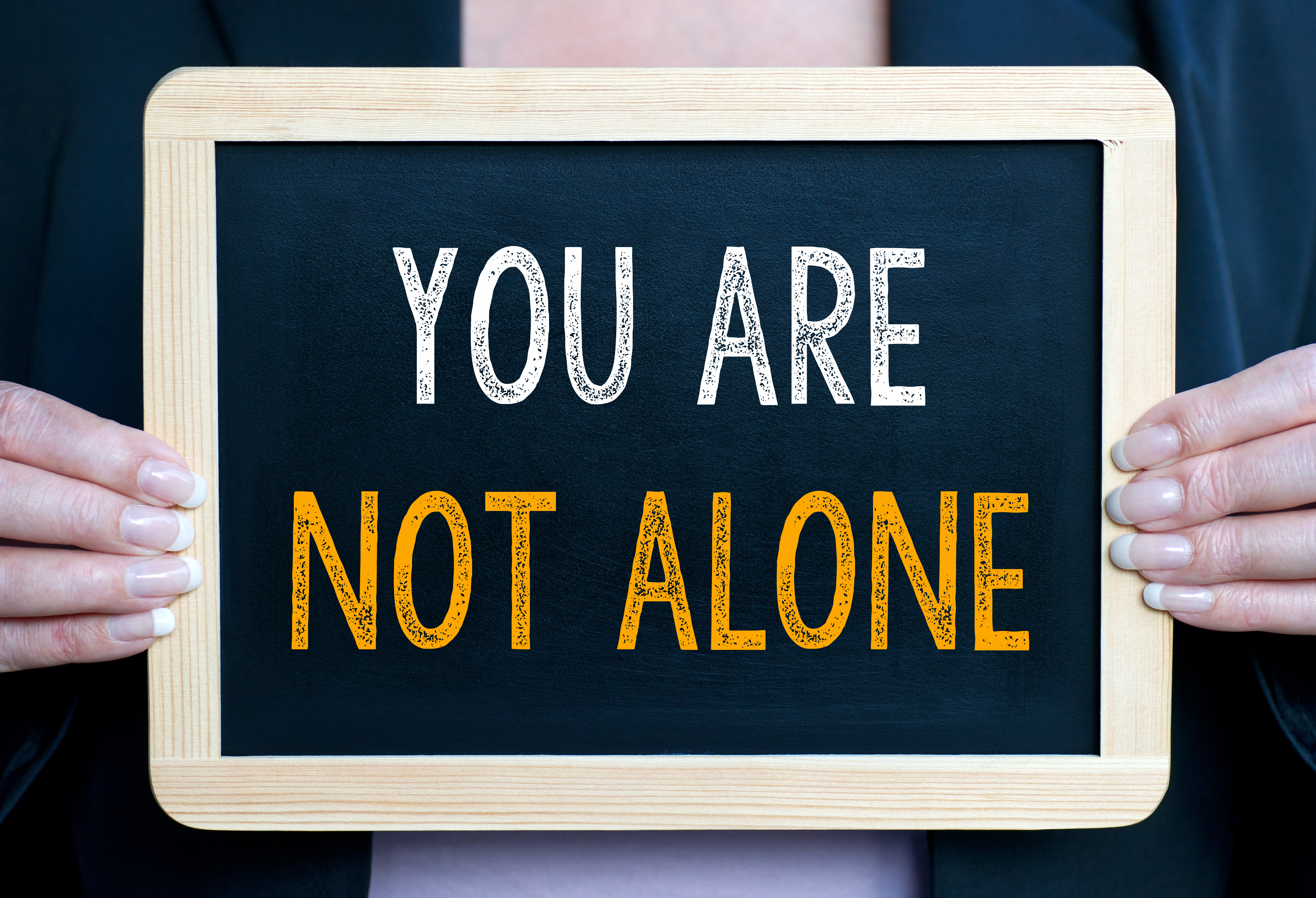Mental health and the cost of living crisis: supporting children and young people
November 01 2022

The current and ongoing cost of living crisis is harming mental health, particularly following a decade of austerity.1 The percentage of children in poverty has been rising since 2013/2014, with almost one third of children living in poverty by 2019/2020.

The link between poor mental health and poverty
Living in poverty increases the risk of experiencing multiple adverse childhood events (ACEs), in turn elevating the risk of developing mental health problems.2 By the age of 11, children from the poorest 20% of families are four times more likely to have developed serious mental health difficulties as children from the wealthiest 20%.3 As a clear link has been established between poverty, ACEs, poor wellbeing and mental health, reducing child poverty and inequality should be a priority.4 It has been estimated that if inequality in the UK was halved, mental illness could reduce by two thirds.5
Educational inequality and wellbeing
The pandemic has also widened educational inequality, with children and young people from disadvantaged backgrounds experiencing worsened academic outcomes.6 Child wellbeing and educational attainment is higher in more equal countries,7,8 and, although the poorest in society would benefit the most, the evidence suggests that everyone in society would benefit from greater economic equality.9
A supportive relationship with at least one adult constitutes a protective factor in the life of a child or young person affected by the cost of living crisis.
What can we do?
Although there have been calls on the Government to take action to support the increasing number of families falling into poverty,10 addressing the cost of living crisis is beyond the control of most of us and we might feel powerless to make a difference, particularly to children and young people who are the most vulnerable.
So, what can we do? Firstly, although poverty is a risk factor for mental health and lower educational attainment in children and young people, a supportive relationship with at least one adult constitutes a protective factor in the life of a child or young person affected by the cost of living crisis.
Take care of your own wellbeing first
However, before we can provide that supportive relationship with a child, it’s important to acknowledge that for parents, carers and school staff who are experiencing economic uncertainty or mental health problems themselves, providing support when feeling overwhelmed with competing priorities can be particularly challenging. So, firstly, it’s important to:

Have compassion for yourself, and anyone else who is struggling during these unprecedented times. 11
Take care of yourself - this may a particular challenge when the basic hierarchy of physiological needs for food and shelter is threatened due to economic adversity. Some ways to take care of your wellbeing include:
- Finding ways to connect with friends and family is important, and taking opportunities to be active can help us manage stress.
- Taking notice and living in the here and now can be a particular challenge, particularly when concerned about the future. However, evidence suggests that mindfulness-based stress interventions can help us to manage uncertainty. 12
- Finding ways to keep learning is important too – this could include practising listening and supporting skills.
- Looking for ways to give to others can also help with our own wellbeing. The act of giving does not necessarily need to involve spending money and could include giving time and attention to someone. If we have the resources and wish to do so, giving could also include offering financial help or support to individuals or groups of people in need, or fundraising for charities.
- Getting enough sleep is also crucial for our own wellbeing, and doing what we can to eat well, which again, may be particularly challenging when facing financial difficulties.
Getting support
Depending on your individual circumstances and your relationship to a child or young person as parent/carer or school staff, this may include practical and social support and one-to-one parenting support:
How can you best support a child or young person?
- Be there for children and young people, give them as much of your time and focussed attention as you can.
- Be willing to set aside your own concerns, even if for a brief time, to listen to and validate their concerns.
- Be alert for any signs of emerging mental health or wellbeing problems.
- Be ready to reach out for additional support:
Be ready to reach out for additional support.
You might also consider taking political action by writing to your MP and asking them to take action to support the growing number of children, young people and their families who are experiencing poverty and poor mental health as a result of the cost of living crisis.
Sarah Ashworth
References
1 https://www.bmj.com/content/377/bmj.o1336.full
3https://www.centreformentalhealth.org.uk/sites/default/files/2018-09/newcentury.pdf
5 https://equalitytrust.org.uk/why-more-equality
6 Farquharson, C., McNally, S., Tahir, I., (2022), ‘Education Inequalities’, IFS Deaton Review of Inequalities, https://ifs.org.uk/inequality/chapter/education-inequalities/
7 Wilkinson R & Picket K 2010 The Spirit Level: Why Equality is Better for Everyone. Penguin.
8 Wilkinson R & Pickett K 2007 The problems of relative deprivation: Why some societies do better than others. Social Science & Medicine 65: 1965-1978.
9 https://equalitytrust.org.uk/why-more-equality
10 Children's cost of living package needed as Universal Credit numbers rise (savethechildren.org.uk)
Related
Popular
Upcoming event

Join us for the Bath Half Marathon to support young people and their mental health!

The Charlie Waller Trust
The Charlie Waller Trust is a registered charity in England and Wales 1109984. A company limited by guarantee. Registered company in England and Wales 5447902. Registered address: The Charlie Waller Trust, First Floor, 23 Kingfisher Court, Newbury, Berkshire, RG14 5SJ.
Copyright © 2025 The Charlie Waller Trust. All rights reserved.







